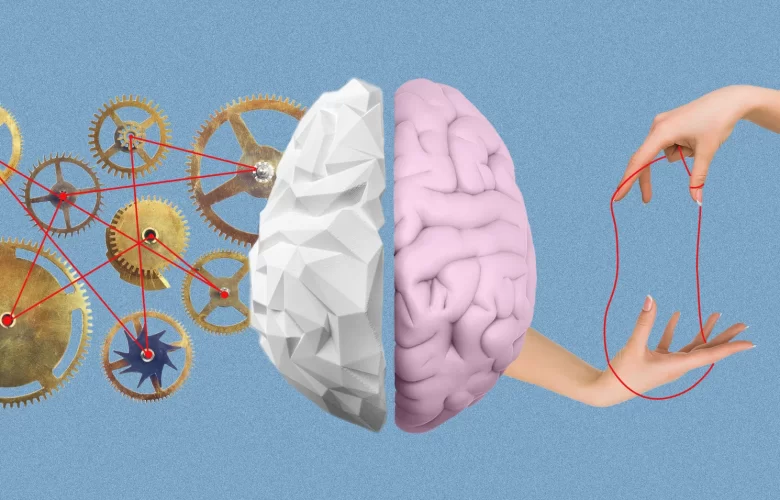2-Chloromethcathinone, commonly known as 2-CMC, is a synthetic cathinone that falls within the broader category of designer drugs. As a close relative to the notorious cathinone, it is important to delve into the mind-altering effects of 2-CMC to understand its potential impact on individuals who consume it. Let’s explore the psychological effects, potential risks, and the need for cautious consideration when dealing with such substances.
Table of Contents
Euphoria and Increased Energy
One of the primary psychological effects of 2-CMC is the induction of euphoria and heightened energy levels. Users may experience a surge in motivation, increased talkativeness, and a sense of enhanced well-being. These effects are attributed to the drug’s ability to stimulate the release and inhibit the reuptake of neurotransmitters like dopamine.
Enhanced Focus and Alertness
Users often report heightened focus and increased alertness while under the influence of buying 2-CMC. This can lead to a perceived improvement in cognitive abilities, making tasks seem more manageable and engaging. However, it’s crucial to note that these effects may be short-lived and accompanied by potential risks.
Potential Risks and Side Effects
Despite the initial positive effects, 2-CMC carries inherent risks and side effects that should not be overlooked. Excessive use or prolonged exposure to the substance can lead to adverse outcomes such as insomnia, anxiety, and increased heart rate. Additionally, the euphoric effects may be followed by a “crash” characterized by fatigue, irritability, and depressive feelings.
Cognitive Impairment
Prolonged use of 2-CMC may result in cognitive impairment. Users might experience difficulties in memory recall, concentration, and decision-making. These cognitive deficits can have profound implications on daily functioning and overall well-being.
Addiction Potential
Like many stimulant drugs, 2-CMC has the potential for addiction. Regular use can lead to the development of tolerance, wherein higher doses are needed to achieve the same effects. This cycle of increased dosage raises the risk of dependence and addiction, posing a significant threat to mental health.
In conclusion, the mind-altering effects of 2-CMC are complex and multifaceted. Cognitive impairment, addiction potential, and adverse side effects underscore the importance of approaching substances like 2-CMC with caution. It is crucial for individuals to be aware of the potential consequences associated with the use of synthetic cathinone and to prioritize their mental health and well-being. Seeking professional help and engaging in open conversations about substance use are essential steps in fostering a healthier and safer relationship with one’s mind and body.

